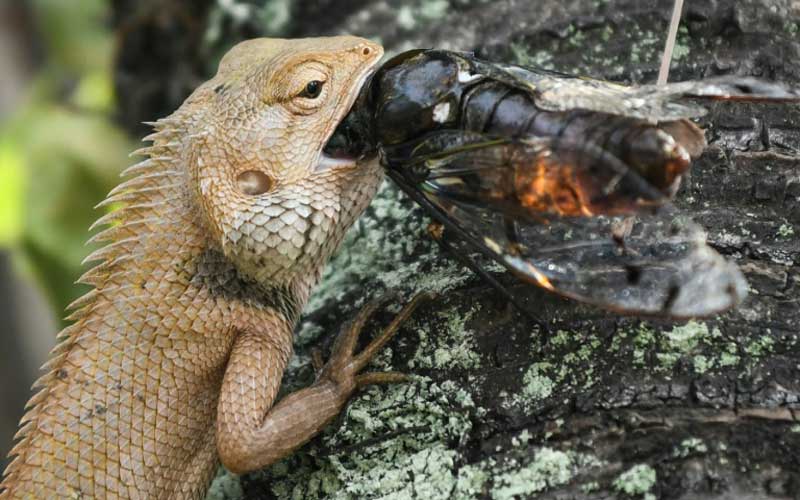×
The Standard e-Paper
Kenya’s Boldest Voice

Just two degrees of warming causes lizards to change their eating habits resulting in less healthy adult reptiles, according to research published Wednesday.
Lizards generally live on a diet of insects, including plant-eaters, like crickets, as well as predators, such as spiders and beetles.